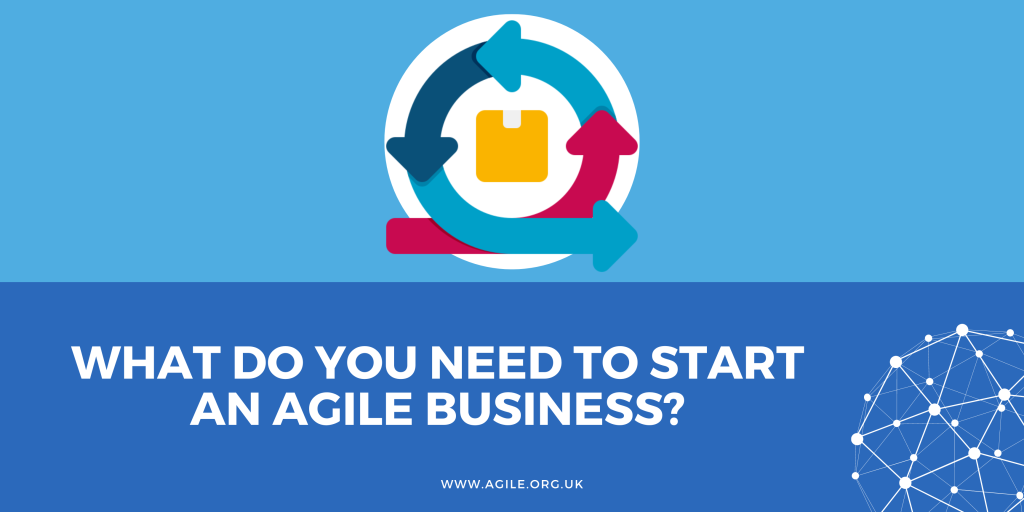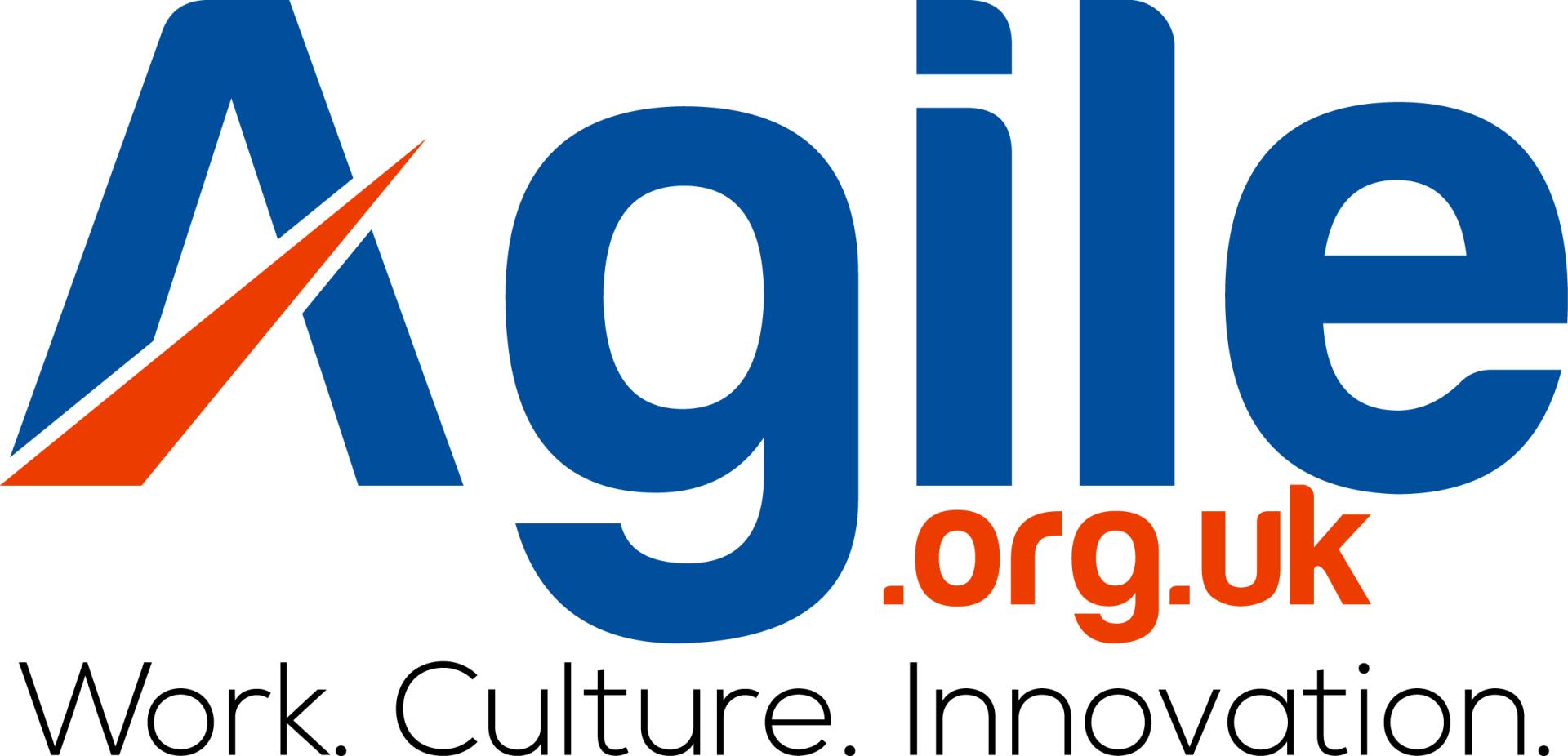We’ve spoken before about the step-by-step process to starting an agile business from scratch, but if you want to run your very own agile business, there are a number of prerequisites you might want to fill before you can do so.
Some of them, like funding or a strict business plan, are mandatory steps, while others, like the right attitude, are arguably optional (even though they’ll stand you in much better stead for a successful business).

Here are some of the things you may need to start up an agile business!
A relevant degree
Depending on your chosen field, you may or may not decide that an educational background in your industry is necessary for success, but it’s almost always a help, even if it’s not required.
The agile methodology began in software development, and if you’re planning to apply those principles to the world from which they came, an online MSc in Computer Science might be useful for taking those first steps, for instance.
You may, however, also decide that a degree in a Business Studies-adjacent field would be better for you. Wherever you choose to go, studying in order to improve your education is almost always beneficial.
An understanding of agile principles
Naturally, if you’re hoping to start an agile business, you should have a pretty thorough understanding of exactly what agile is and how you’re planning to apply it to your own operation.
You don’t have to know everything there is to know about agile methodologies; most agile business owners still have plenty to learn in this regard, so a basic grounding is all you’re going to need to get started.
However, as your business progresses, you should be constantly researching not only the foundational texts of agile principles, but also the ways in which other businesses implement them.

A robust business plan
As we said in our introductory paragraph, having a robust business plan is essential for knowing where your business is going and how you’re going to get it there.
Business plans will look different from business to business, of course, but it’s generally agreed that some sort of objective, a thorough examination of your methods, and an assessment of risks and potential pitfalls are all necessary inclusions.
It’s also important to note that as the markets change (which, over time, is pretty much inevitable), your business plan must also change, so making sure it’s adaptable and that there’s room for alteration is a must.
Funding
The reality is that funding is always necessary in order to get a business idea off the ground and transform it from an idle dream into a functioning operation.
It’s never fun approaching various bodies and individuals for business funding, but the good news is that there are plenty of avenues available to you, from business loans to angel investors and more.
If you’re struggling with obtaining funding, try writing up your business plan before approaching potential investors, because having a stable plan will help them to make a decision about you.

The right approach to hiring
Remember that agile principles and methodologies are all about the people that make up the framework of your organisation. Hiring the right staff is paramount when you’re building an agile business.
Just having a strong work ethic isn’t enough to support an agile business. Good workers must also be adaptable and flexible, and they should be independent enough to work without heavy managerial oversight as well.
Don’t be afraid to sit in on interviews yourself so that you can get a flavour of the interviewee. Delegating everything to your HR department will save you work, but it might also mean that you don’t get exactly the team you want.
Good software
Agile teams often allocate certain workloads and workflows to software processes rather than individuals, which helps significantly with automation and frees up team members to unlock their creativity.
As such, you’re going to want the right software in your corner when you’re starting up an agile business. Project collaboration apps, payroll programs, and more should be on your list.
A lot of the software you’ll want to use on a regular basis may require you to pay for it, but you can often take advantage of free trials and introductory offers to keep costs down if you’re looking after the pennies.

Strong market research
Understanding what your competitors are up to is extremely important when you’re starting up an agile business. After all, the freedom and flexibility afforded to you by agile frameworks won’t mean anything if you can’t leverage those freedoms.
Good market research involves understanding not only what your competitors are selling, but also who they’re selling it to and what makes their methods effective.
By identifying your competitors’ strengths and weaknesses, you’ll be able to adapt some of those principles for your own business while also occupying niches that other businesses have neglected.
A good network
You might be tempted to go it alone as a business owner, but that would be a colossal mistake. The fact is that it will be very difficult to achieve anything in the entrepreneurial world if you don’t surround yourself with like-minded allies.
From the companies that provide the software you’re using through to business partners that can help you break into new and as-yet untapped markets, having a good network around you can be the difference between success and failure.
Make sure that you’re not alienating people you should be befriending out of a misguided desire to “prove yourself”; you’ll be thankful for your network when you really need it.
Conclusion
There are a range of different characteristics, qualities, and advantages that an agile business owner can and should display, but we’ve outlined just a few of the most critical ones above.
Hopefully, this list will help you to kickstart your very first agile venture and give you a headstart in the competitive world of entrepreneurship. We wish you the best of luck in your endeavours!












